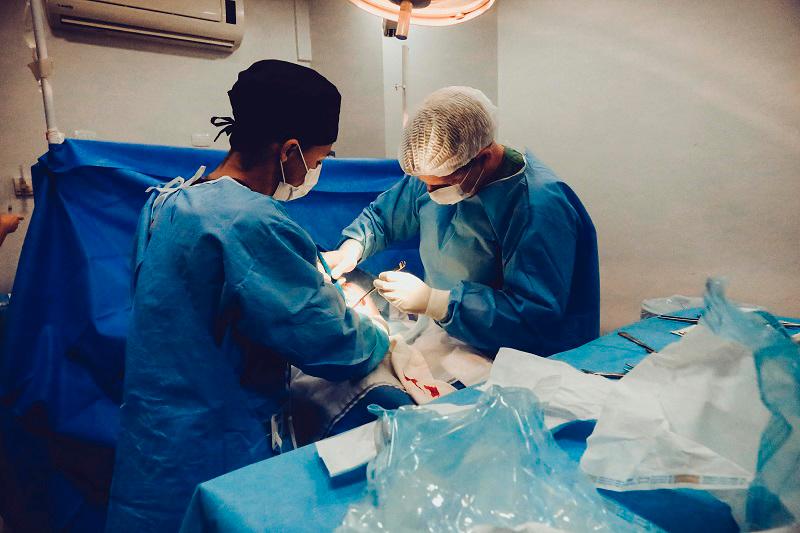PETALING JAYA: The Malaysian Society of Transplantation has expressed support for the implementation of an “opt-out” policy for organ donation, but its president Dr Mohamad Zaimi Abdul Wahab cautioned that such a policy would come with challenges.
Under an opt-out system, all Malaysians would be presumed as organ donors unless they explicitly choose to opt out.
Mohamad Zaimi, who is also a consultant nephrologist at Kuala Lumpur Hospital, highlighted the urgency of addressing the issue, pointing to recent data that shows 9,641 patients in Malaysia are waiting for life-saving organ transplants.
This includes 9,211 adults and 397 children waiting for kidney transplants.
“Over 52,000 Malaysians are currently undergoing dialysis and the waiting period for a kidney transplant often exceeds five years,” he said.
“Many patients die before receiving a transplant due to the limited availability of organs.”
According to the Clinical Transplantation and Research website, Malaysian surgeons performed only 168 organ transplants from deceased donors and 544 involving living donors between 2017 and 2022.
“An opt-out policy could bring significant benefits by increasing the number of available organs and saving thousands of lives,” Mohamad Zaimi said.
However, he acknowledged that implementing such a policy would be challenging in Malaysia’s
diverse cultural, religious and
socio-economic context.
While the National Fatwa Committee proclaimed in June 1970 that organ and tissue donation is harus (permissible) as it saves lives, resistance persists among some Muslims.
Similarly, certain Malaysians of other faiths object to burying or cremating their loved ones with missing organs.
Mohamad Zaimi added that although the policy could theoretically boost organ donations, cultural sensitivities and religious beliefs might hinder its acceptance.
He stressed the importance of a solid healthcare infrastructure, effective public awareness campaigns and clear legal frameworks to ensure the success of the opt-out policy.
While countries such as Spain, Austria and Singapore have successfully implemented opt-out systems, Mohamad Zaimi warned that such success is not guaranteed in Malaysia due to strong opposition from next of kin.
Spain, for example, leads globally in organ donation, achieving over 40 donors per million population, thanks to a robust opt-out framework and support measures such as organ coordinators.
“The impact of the policy will vary based on each country’s healthcare infrastructure and public support,” he said, adding that Malaysia has one of the lowest organ donation rates globally, with just 2.3 donors per million population as of 2023.
Cyberjaya University paediatrics professor Dr Zabidi Azhar Mohd Husin highlighted the significant barriers to paediatric kidney transplants, with over 300 children on the waiting list.
“Refusal of parents to be donors is a major obstacle. Peritoneal dialysis is not ideal for children and renal transplants should be prioritised. However, the reluctance of parents to donate is putting the lives of their children at risk,” he said.
Zabidi revealed that kidney donors for children are usually motor vehicle incident casualties rather than family members.
He explained that paediatric patients often require transplants due to conditions such as single kidneys, duplicate ureters or duplex kidneys, unlike adults who typically experience chronic renal failure after the age of 50.
He also emphasised the need to address ethical considerations to build public trust, such as
protecting individual autonomy and ensuring equitable access to organ transplants.
“The transplantation system
in Malaysia faces challenges
such as low awareness and
public misconceptions, as many Malaysians confuse organ donation with religious prohibitions,” he said.
He stressed the importance of collaboration with religious leaders and community organisations as well as the implementation of transparent policies to overcome these barriers.
Additionally, Mohamad Zaimi pointed out that limited infrastructure and a shortage of trained personnel in organ donation and transplantation could also hinder effectiveness of the policy.









